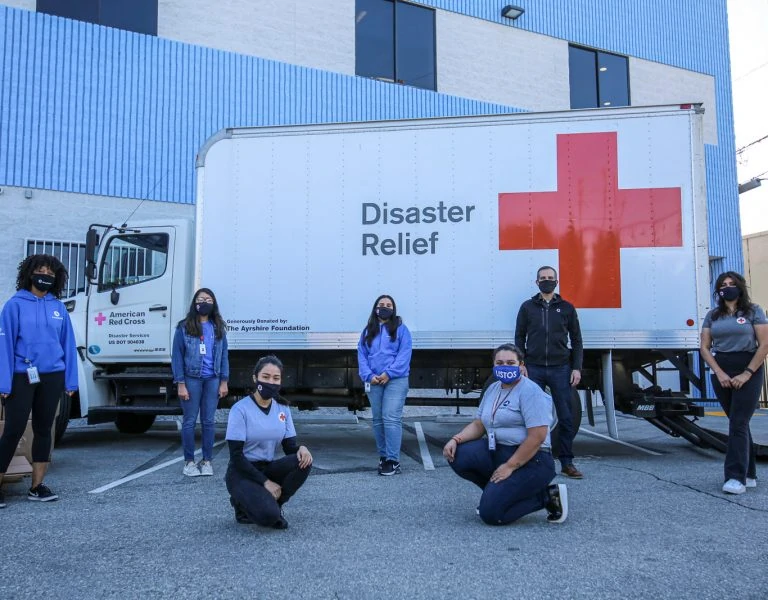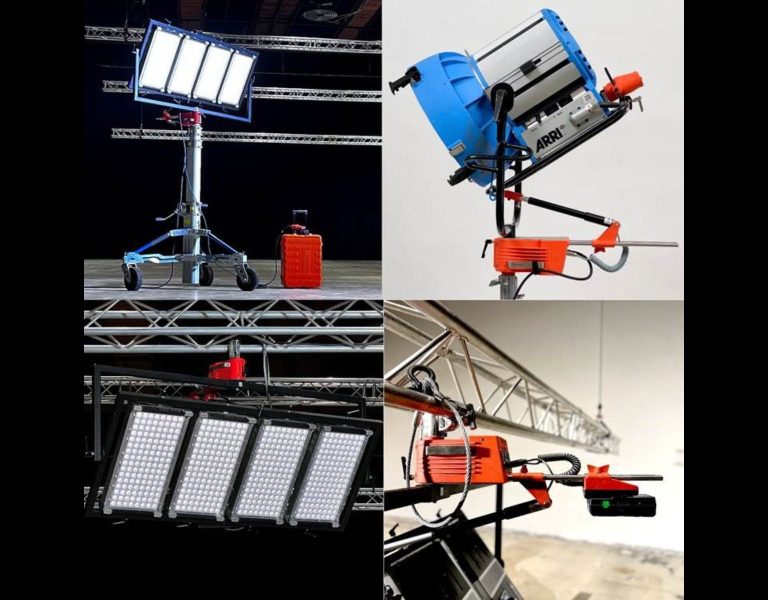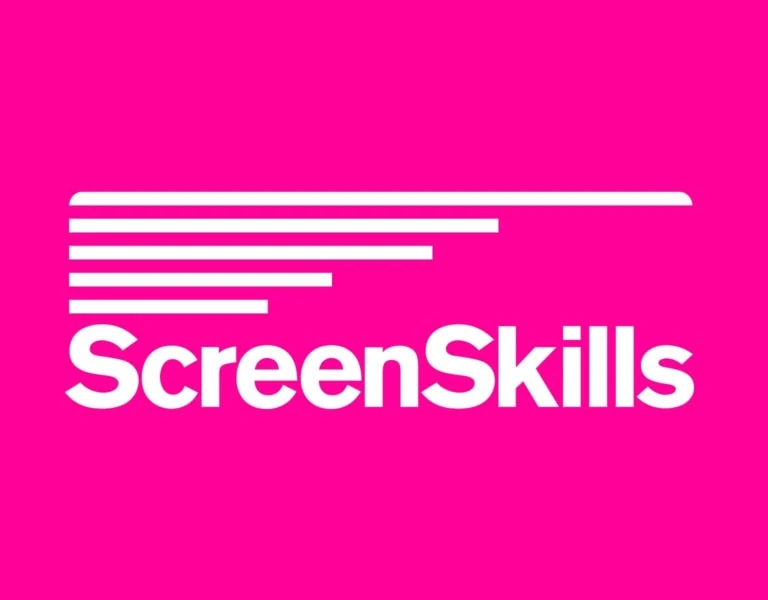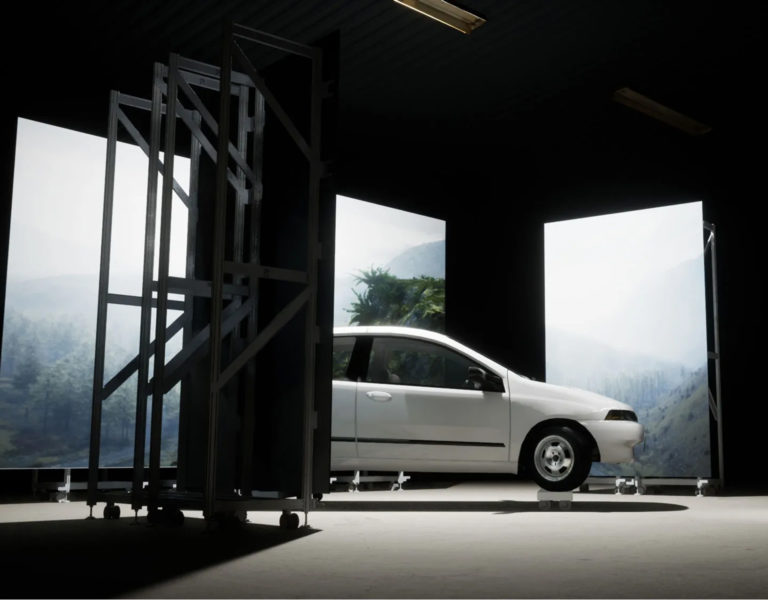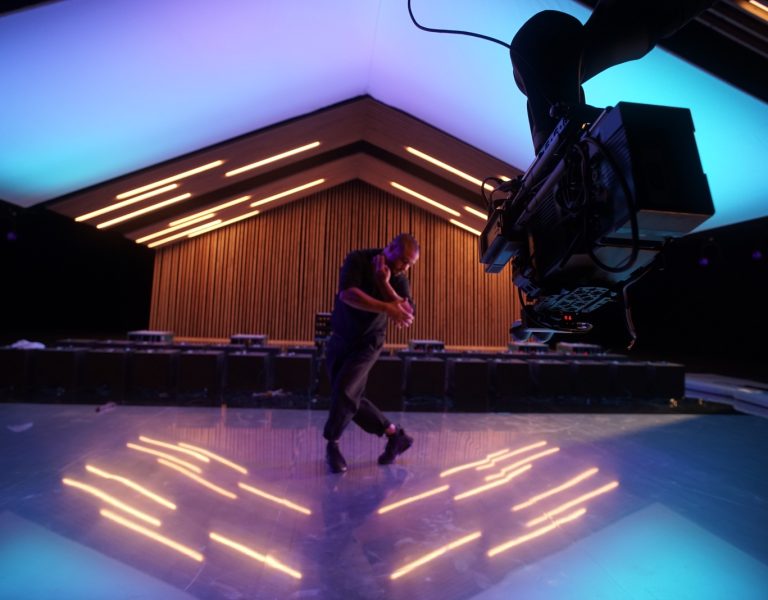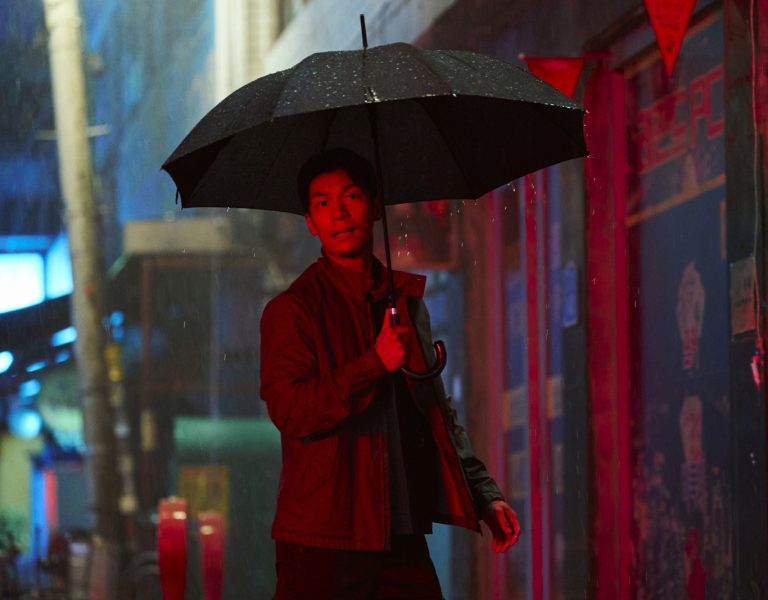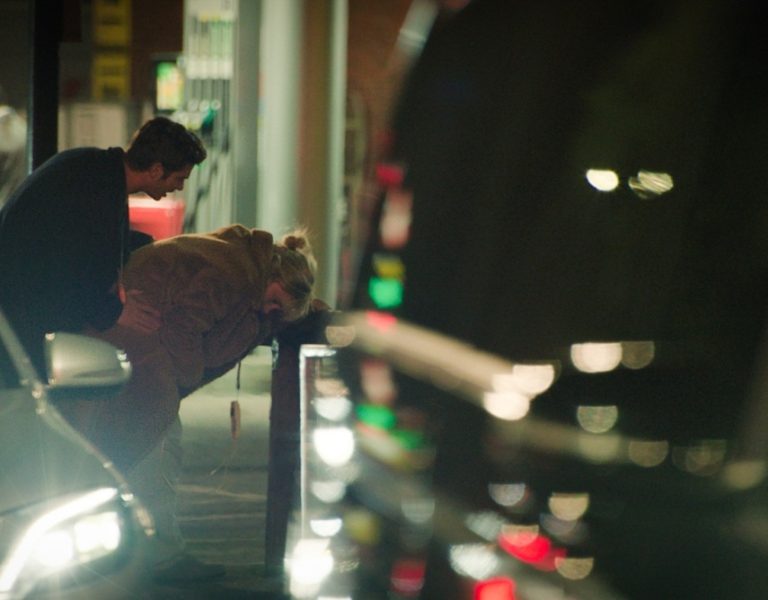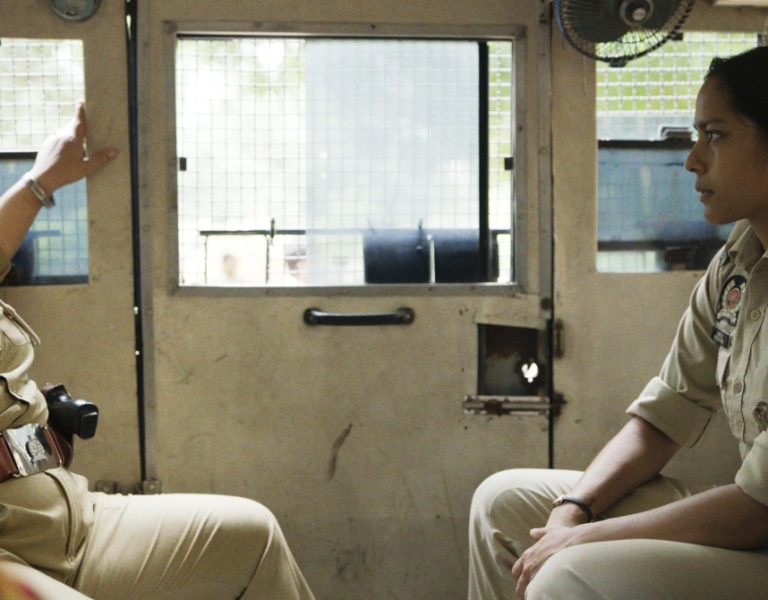SAFETY FIRST
Samantha Wainstein, Chair, Mark Milsome Foundation, highlights why it is essential crew protect themselves and their colleagues by participating in training if it is available and demanding it when it is not offered.
As we approach what would have been Mark’s 61st birthday, there is news yet again of a devastating on set accident during filming, this time in Atlanta on the Eddie Murphy movie The Pick Up, where at least one member of the crew has suffered potentially life altering injuries.
Much like the awful killing of Halyna Hutchins, in an attempt to find a culprit, it is likely this latest tragedy will play out in the courts and the media for many months to come. Accountability and responsibility for health and safety of crew is too often passed from one person to another, down the line from production to a lowly paid crew member. Whilst Hannah Gutierrez-Reed, the young inexperienced armourer on Rust, was clearly guilty of a crime, is that where accountability and responsibility end? If inexpensive crew can be hired in place of experienced professionals, injury and death will continue to be a daily hazard for those working in the film and TV sector.
Six years after he was killed, still no-one has been held responsible for Mark’s death, despite the coroner at the inquest concluding that on that set ‘the risk of Mr Milsome being harmed or fatally injured was not effectively recognised, assessed, communicated or managed’. Accountability for accidents on set is unclear and this lack of accountability for safety has created a lack of consequences when incidents take place. Self-regulation and interpretation of laws and requirements means that there will always be parts of the industry that will act unsafely.
Too often, crew working on locations around the world – who are too scared to speak to production in fear of losing their job and blacklisting – send us reports of unsafe working conditions, near misses, and accidents.
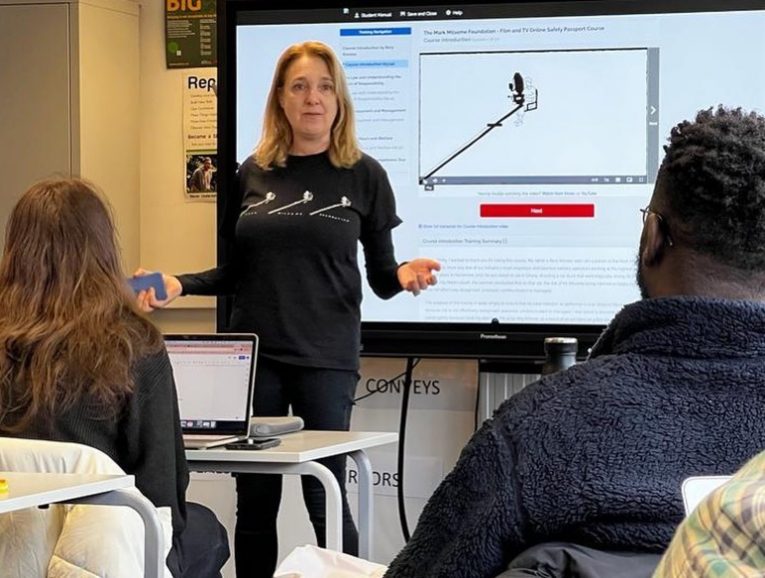
Recent examples include a camera operator filming in Africa, who was hit by a vehicle travelling at 40mph: “I was knocked unconscious, catapulted three metres into the air and landed 15 metres away. Everyone at the scene presumed I was dead”. And this from someone working on a well-known franchise: “Conditions on set were appalling with rickety sets, no safety barriers on staircases, no fire escapes, working in temperatures up to 42 degrees with the director demanding that horses be used on set despite this being illegal. Lack of fire retardant, inhalation of thick black smoke. This resulted in two SFX team members getting badly burnt and a stunt man receiving second degree burns. The whole thing was a shitshow and shocking considering this was a high budget.”
The situation is similar here in the UK, where the same Health and Safety Act that was created in the year 1974, when Herbie Rides Again was being filmed, is applied to the high-tech Marvel franchises of 2024. Whilst the industry has changed beyond recognition in the last 50 years, the laws designed to ensure the safety of our crew haven’t changed. It is time to radically look at the Health & Safety Act.
Despite the unprecedented levels of growth and investment in the film and TV sector, there has been limited progress towards the kind of safe-working standard that an industry of our status should expect.
A recent survey by Bectu revealed that many crew have never had even the most basic training or advice on safe working. The majority of departments don’t have any established safety protocols, training, or certification – and where they do, productions often don’t enforce them or there is so much pressure on the department(s) to deliver that it does not allow them to prioritise the safety of their personnel.

On too many productions, ‘safety on set training’ is only given to Heads of Departments. The Foundation is working with several streamers and studios to change this, providing them with access to a health and safety course for everyone on their productions.
The training delivers a Production Safety Passport (ScreenSkills Level 2) Certificate valid for five years and aims to ensure that no crew, production or cast member is ever injured or killed again because a risk on a film or television set is not effectively recognised, assessed, communicated or managed.
Although the Bectu survey found that 83% of crew believe that basic health and safety training should be mandatory, we are concerned that not everyone is taking up the training. It is essential that crew protect themselves and their colleagues by participating in training if it’s available and demanding it when it’s not being offered.
Linked to safety issues are the unsustainable working hours that are routinely expected of crew. They do incalculable damage to the health and wellbeing of crews, as well as endangering their safety in the workplace and on their daily commute.
The current drought of work in the industry doesn’t help. Understandably, people are desperate to get back to work. However, our fear is that this desperation will only add to the safety issues, and the fear of speaking up.
It is my birthday wish for Mark that crew find the confidence to speak up and exercise their right to work in a safe environment that gives them the relevant training and allows them to work reasonable hours to sustain a decent and healthy work-life balance. Above all, I would like to see productions do their utmost to protect the safety of their crew. Everyone has the right to return home safely at the end of the shooting day. Do it for yourself, do it for your colleagues, do it for Mark.
